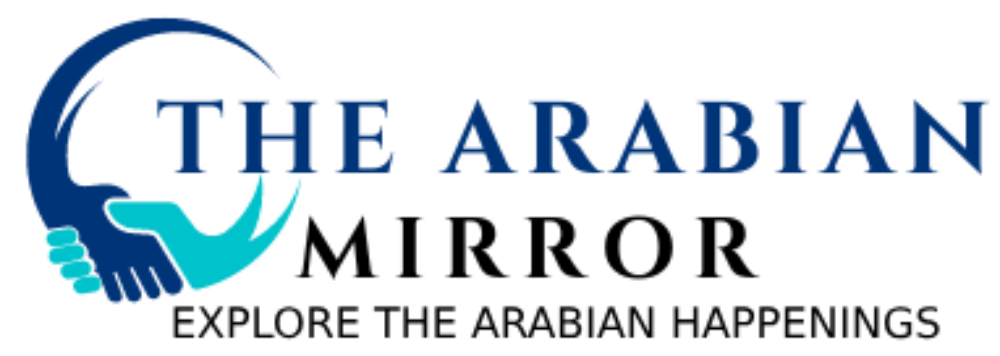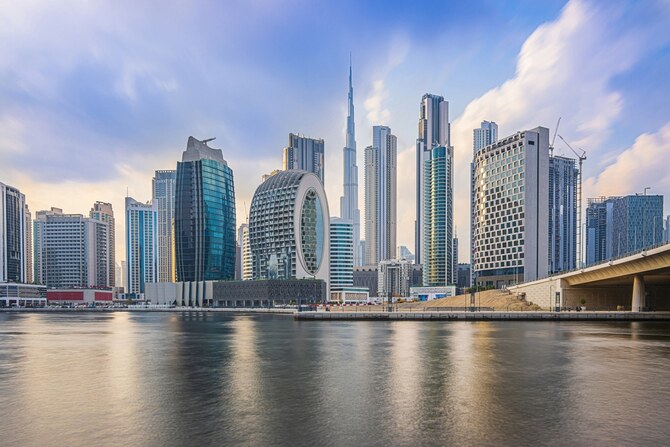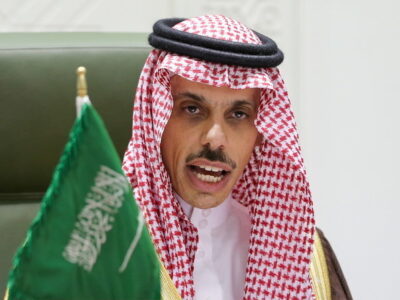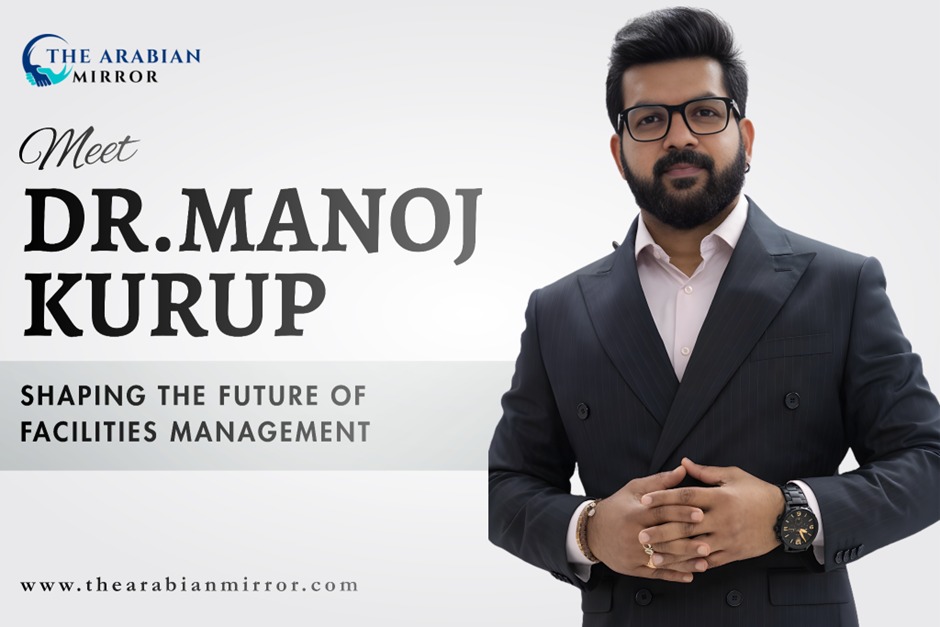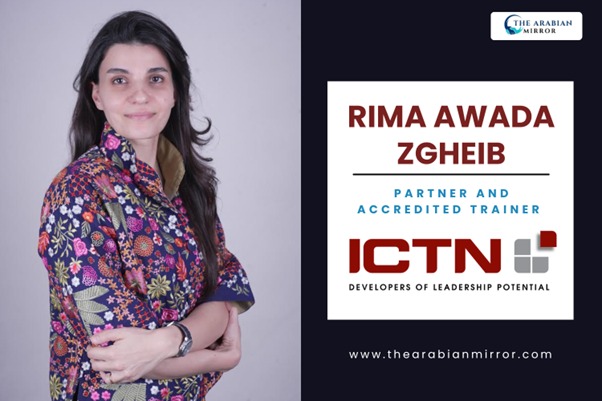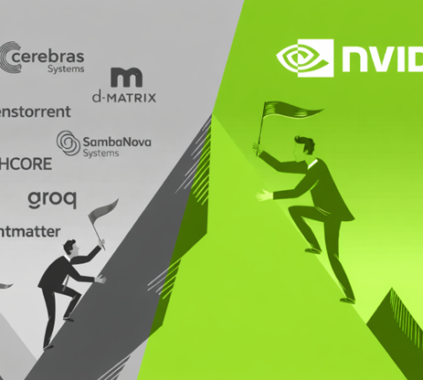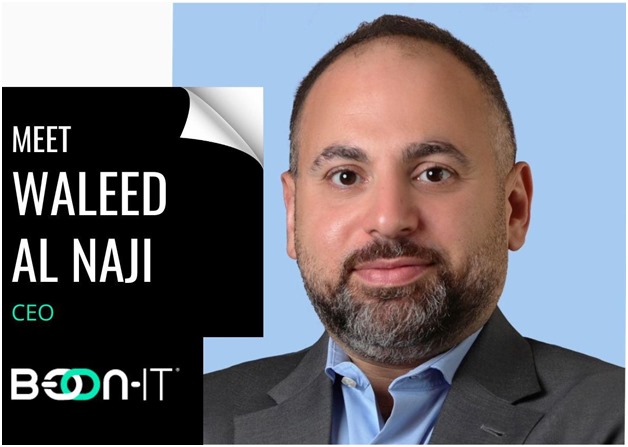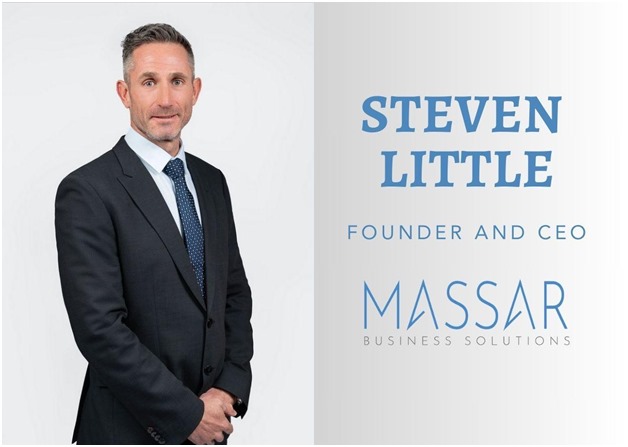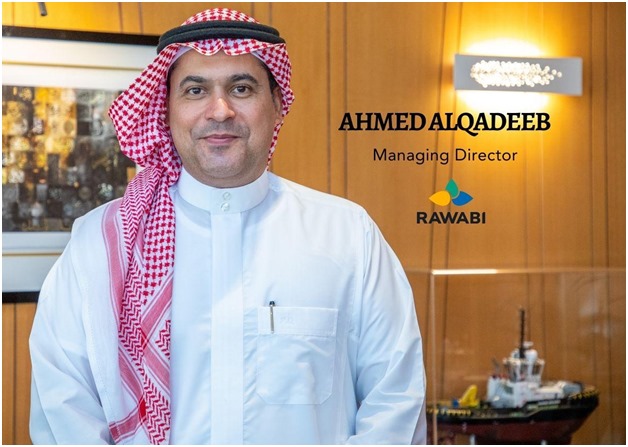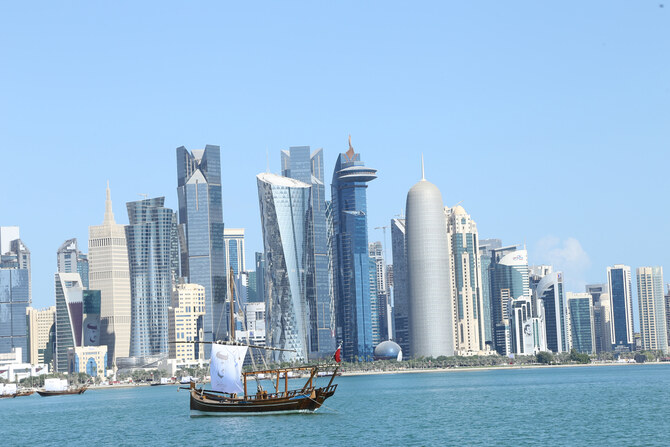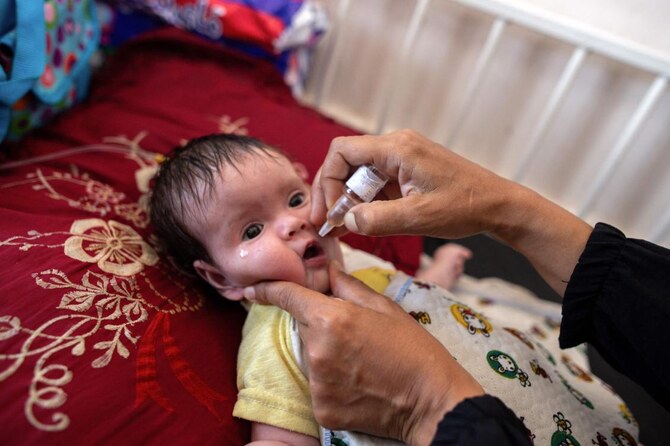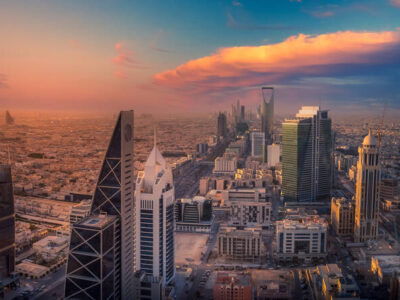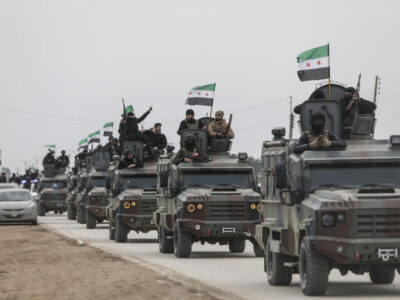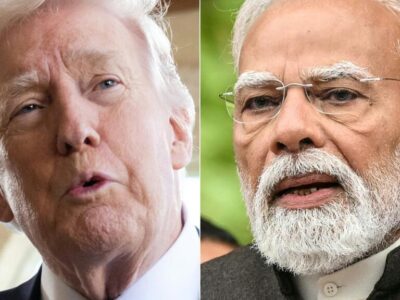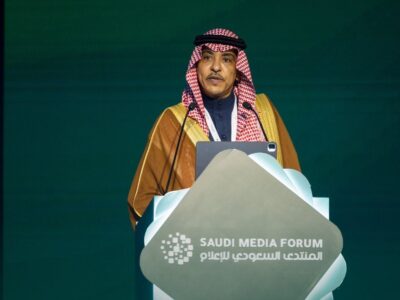RIYADH: According to S&P Global, the UAE’s non-oil economy grew steadily in January thanks to an increase in new orders, “favourable market conditions,” and a reduction in cost pressures. At 55, the Emirates’ Purchasing Managers’ Index was somewhat lower than its nine-month peak of 55.4 in December. The non-oil industry is growing if the PMI index is above 50, and contracting if it is below 50.
The Middle East’s efforts to diversify its economy are demonstrated by the steady growth of non-oil corporate activity throughout the area, including the United Arab Emirates. In January, Saudi Arabia recorded its highest PMI in ten years, at 60.5. Kuwait’s PMI was 53.4, Egypt’s was 50.7, and Qatar’s was 50.2.
According to David Owen, senior economist at S&P Global Market Intelligence, “the UAE PMI signalled another good month for the non-oil private sector in January, with the headline figure falling only slightly from December’s nine-month high.”
“Significant growth in activity and new business, along with reduced inflation of input costs, indicate that the economy is in a sound position,” he continued. According to S&P Global, robust domestic demand was the main driver of the notable increase in sales volume for non-oil companies operating in the United Arab Emirates. With input costs increasing at their slowest pace in 13 months, price pressures also subsided. Businesses were able to raise their input purchases at the beginning of the year due to the reduction in inflation.
Also Read:
Meet the Leader: Rizwan Masih and the Future of OCS Shipping
732 Houthi Mines in Yemen are Cleared by a Saudi Initiative
